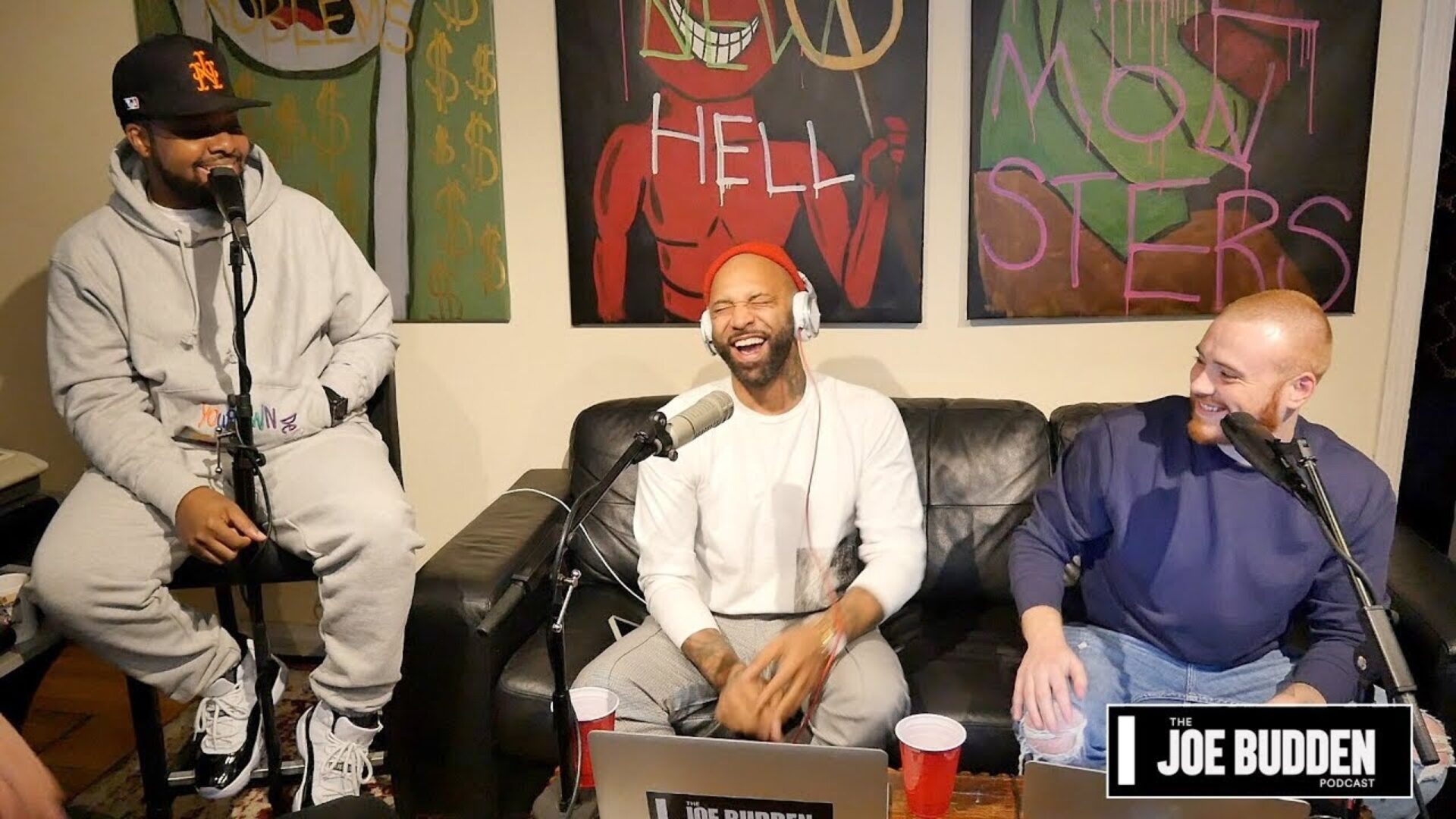
Over the years, podcasting has become a phenomenon that has grown bigger than we could imagine. At first, it seemed like a niche hobby people were getting into during their morning run or breakfast. Now everybody has a podcast, and anyone can start one at their fingertips thanks to our phones and social media.
With the rise of self-employment and nontraditional jobs, anyone could become a commentator on all things pop culture, relationships, sex and anything in between. The problem stems from the feeling that everybody feels comfortable stirring up discourse without professionalism or ethics.
What was once a space where people could report and speak on specific topics (with experts) has become an opportunity for someone to project their emotions and opinions that don’t involve them.
Though we’ve collectively made jokes online about podcasting becoming an epidemic, points were made. Every other day, we logged onto our socials to see clips from a podcast about relationships, gender roles and cheating which held undertones of misogyny and prejudice.
Read ‘Plugged In: 7 Podcasts Worth A Listen In 2023’
According to Statista, a study from July 2021 on global podcast consumption revealed the number of podcast listeners worldwide has steadily increased and is predicted to rise even further. In 2020, the number of podcast listeners worldwide amounted to 332.2 million internet users, which grew to 383.7 in 2021.
Although it’s great to see a rise in creatives speaking up and creating a platform for themselves, a line must be drawn between speaking up and giving your unwarranted opinion on everyday subjects.
The truth is that people feel they can speak on things they simply don’t have the range or expertise to discuss, and that’s where the issue lies. Unfortunately, the way the internet moves, people can spread a 30-second clip of a podcast episode and it turns into the discourse of the day.
We’ve seen it countless times discussing how people maneuver in their relationships, double standards and pop culture scenarios that give some podcasters an authority complex that makes listeners believe their word is bond.
Read ‘Meet The Founder Of The Rich Little Brokegirls Podcast’
People have forgotten about the craft of reporting and now decided that speaking passionately into a microphone sufficed for foul language and crude behavior. With various podcasts out, we’ve lost the plot of storytelling and just want clicks and viral moments.
After the pandemic, we saw a rise in people’s confidence and audacity online, and it seemed that anybody could say whatever they wanted without any repercussions. Throughout the transition of the podcast industry, it’s essential to look at those who continue to do the work to tell stories in the audio space.
“We always try to look at the relationship between rhyme and punishment as our guiding principle,” Louder Than A Riot host Sidney Madden told ESSENCE. “We talk about which stories we want to tell within the culture that best represent the theme that we can match to the sociological connection or the sociological shift that’s going on that hip-hop is either leading the charge in or perpetuating and being redundant with.”
As we continue questioning the moral compass of many podcasters, we must remember that we help control what we see and don’t see on our timelines. We must amplify those who approach the craft ethically and responsibly rather than constantly fueling the ego.
About Kenyatta: Clark Atlanta University and Medill School alumna Kenyatta Victoria is the Girls United writer covering everything from news, pop culture, lifestyle, and investigative stories. When not reporting, she’s diving deep into her curated playlists or binging her favorite comfort shows.